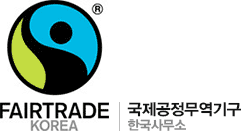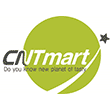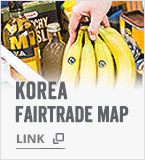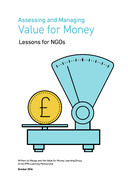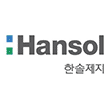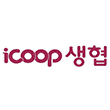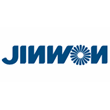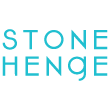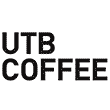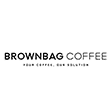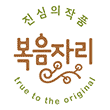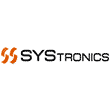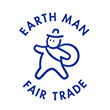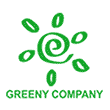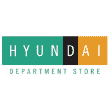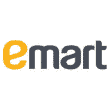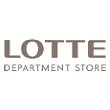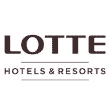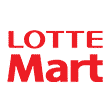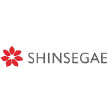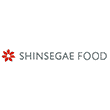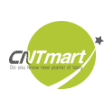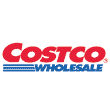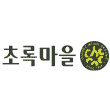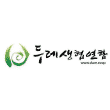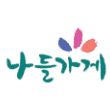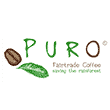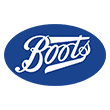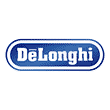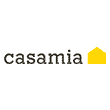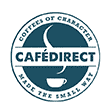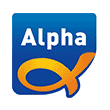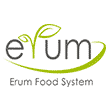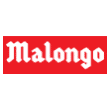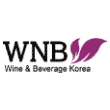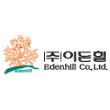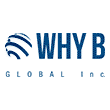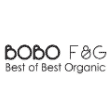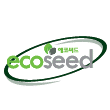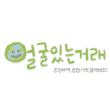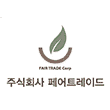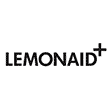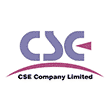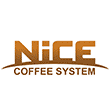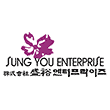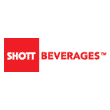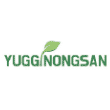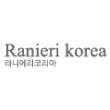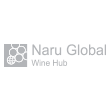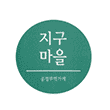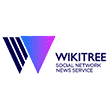- You are here :
- Home
- Media Center
- News and Events
News and Events
| 2016-12-20 17:55:43 | |
Fairtrade’s Value for Money Approach Highlighted in New NGO Report |
|
Fairtrade's Value for Money approach is featured in a new report highlighting the need to get maximum bang per buck when it comes to investment in development and humanitarian aid. 20 October 2016
The report results from a learning initiative set up via the
Programme Partnership Arrangements (PPAs) between the UK’s Department for
International Development and various NGOs. Assessing and
Managing Value for Money: Lessons for NGOs presents an overview of a new
analytical fr The report, written by Mango with contributions from leading NGOs
including Fairtrade International and its member organization Fairtrade
Foundation, was recently published by
BOND, the UK international NGO network. It examines the tools,
leadership, knowledge, skills and behaviour needed to integrate Value for Money
(VFM) into working practices. This approach focusses on achieving maximum impact for each
investment made by the development and humanitarian sector. NGOs involved in
the PPAs set up a learning group to share best practice in this area. The
report presents the experience and learnings gathered by members of the group –
serving as a guideline for organizations wanting to replicate the approach in
their work. The report highlights the diverse perceptions of what ‘value’ is
and notes that a successful VFM approach must first define this. Before the
approach can be adopted, it also needs to be informed by the context in which
the organization operates. For the concept of value for money to be embedded
across an organization it needs to be structurally and culturally integrated
into the organization’s processes and embraced at leadership and operational
levels. Fairtrade is implementing a VFM approach to assess our
interventions against a clear cost-benefit fr Fairtrade has made important progress with the development of a
learning platform. The platform organizes findings and recommendations from
monitoring and evaluation of the organization’s work against the goals of Fairtrade’s
Theory of Change. Content from the platform is designed to guide
Fairtrade staff globally by highlighting key challenges and areas for
improvement. Fairtrade has also developed a tool to perform an ‘Options
Analysis’ that shows how the assessment of costs, benefits and risks at key
decision points in organizational management can help to secure value for
money. The tool allows staff to make an ob Fairtrade found that the key to building understanding and
implementing the VFM approach is to keep everyone informed, providing regular
updates and bringing everyone involved along as the process develops. Adopting
a VFM approach enables Fairtrade to make better choices in the coordination of
resources so that Fairtrade producers benefit from more effective, efficient,
economic and inclusive use of our resources. |
|
|
|
